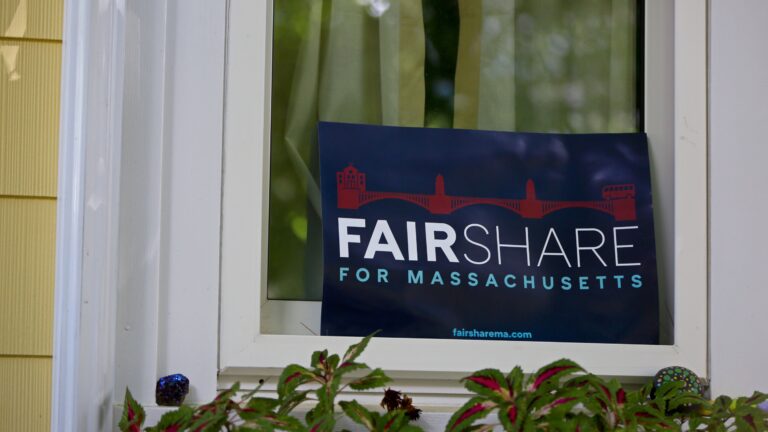I think this is probably the best study looking at whether rich people move to avoid taxes.
Stanford researchers worked with the US Treasury department to track
everyone who filed federal taxes with more than $1M, checked migration patterns for a decade, and compared them to a giant sample of non-millionaires. They looked across all 50 states plus DC.
Do millionaires move to low tax states? "
We find that millionaire tax flight is occurring, but only at the margins of statistical and socioeconomic significance." So Yes-ish... no, not really. They slice the data a few ways, but it looks like a state could raise the marginal tax rate 10% and expect to lose 0.8% of their millionaire population. Rich people overwhelmingly stay in the environments that made them rich.
MA's 4% millionaires tax is much smaller than that, even. I wouldn't doubt some people left the state because of it, but in numbers too tiny to ever measure or really care about. It is insane for Healey to be courting that constituency, especially when those billions of dollars in tax revenue now seem to be load bearing for basic infrastructure. If anything, we could be raising that rate without fear of losing people.









